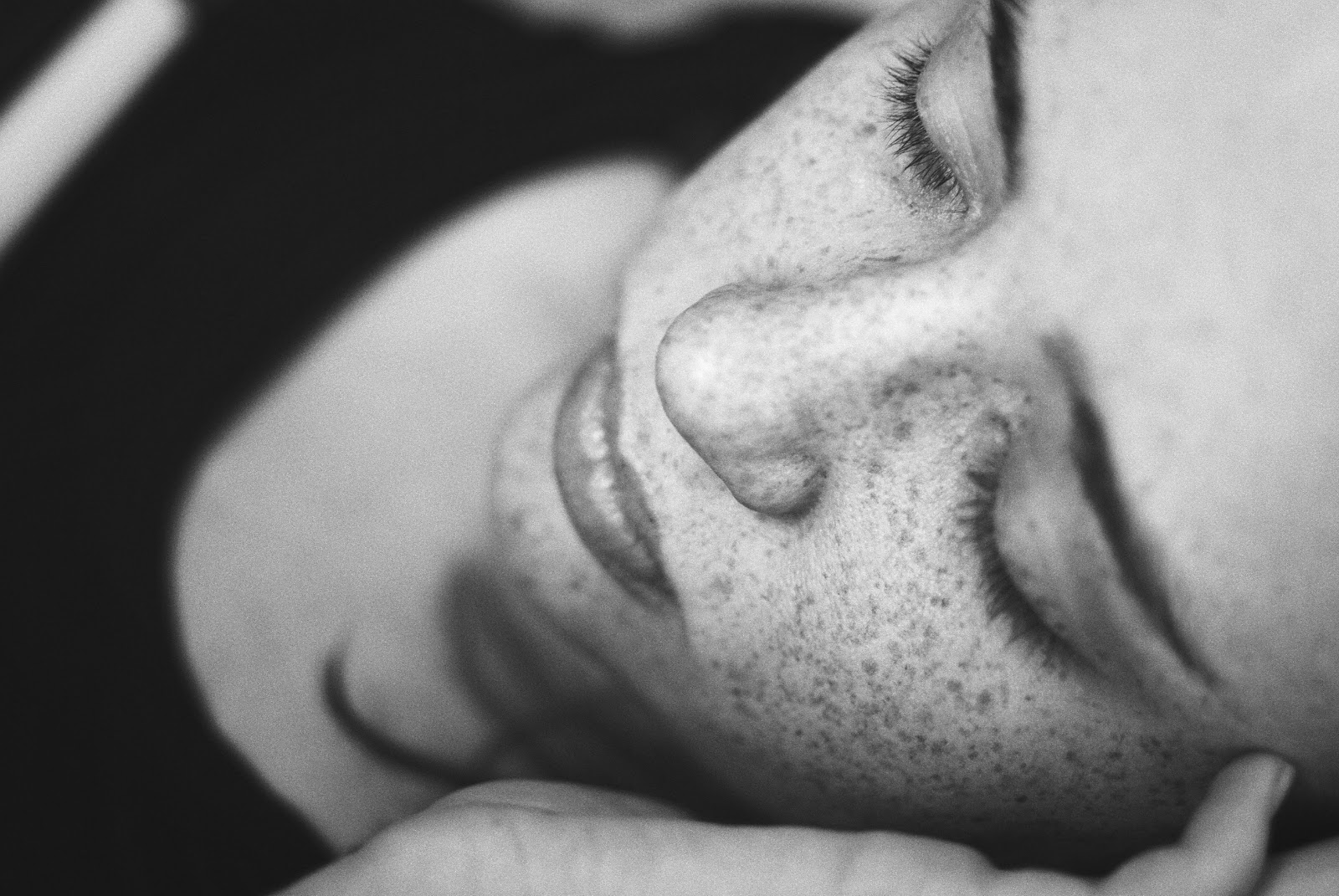Sleep and CVD: What Can Midlife Women Do?
It was the scorching summer of ’96 when I received a call that rocked my world—my 60 year old mother had suffered a stroke. This powerful woman’s life changed forever. Years later, my brother, a firefighter whose sleep was frequently interrupted by alarms, tragically lost his life to a heart attack. These personal stories illustrate the profound effects of sleep on heart health, particularly for midlife women.
The Hard-Hitting Stats: Focused on Midlife Women
Let’s dive into the statistics that underscore the importance of this issue specifically for midlife women:
- Stroke Alert: 20% of midlife women will encounter a stroke by the age of 55. This statistic is drawn from the National Stroke Association, highlighting the elevated risk for this demographic.
- Death by Stroke: Women account for 57% of stroke deaths, a significant gender disparity in stroke mortality rates reported by the American Heart Association.
- Race and Risk: Black midlife women face disproportionately higher mortality rates from strokes, pointing to an urgent need for targeted health interventions, as noted by the National Institutes of Health.
- Heart Disease Dominance: Over 60 million women, many in their middle years, live with heart disease, the leading cause of death for women, outpacing all cancers combined. These figures are supported by data from the Centers for Disease Control and Prevention (CDC).
Research Revelations: The SWAN Study by Rebecca Thurston, PhD
Dr. Rebecca Thurston’s research utilized the Study of Women’s Health Across the Nation (SWAN), a multi-decade study initiated in 1996. Focusing on 2,517 women whose sleep patterns were monitored through midlife for 22 years, the study involved 16 different interviews where participants self-reported their sleep habits. Here’s what they found:
- Long-term Insomnia Risks: Women with persistent insomnia throughout midlife have a 70% increased risk of developing cardiovascular diseases, revealing the critical impact of sleep quality on heart health.
- Impact of Sleep Quality: Those with persistent insomnia and short sleep exhibited a 75% increased risk of cardiovascular issues, emphasizing the importance of both sleep quantity and quality.
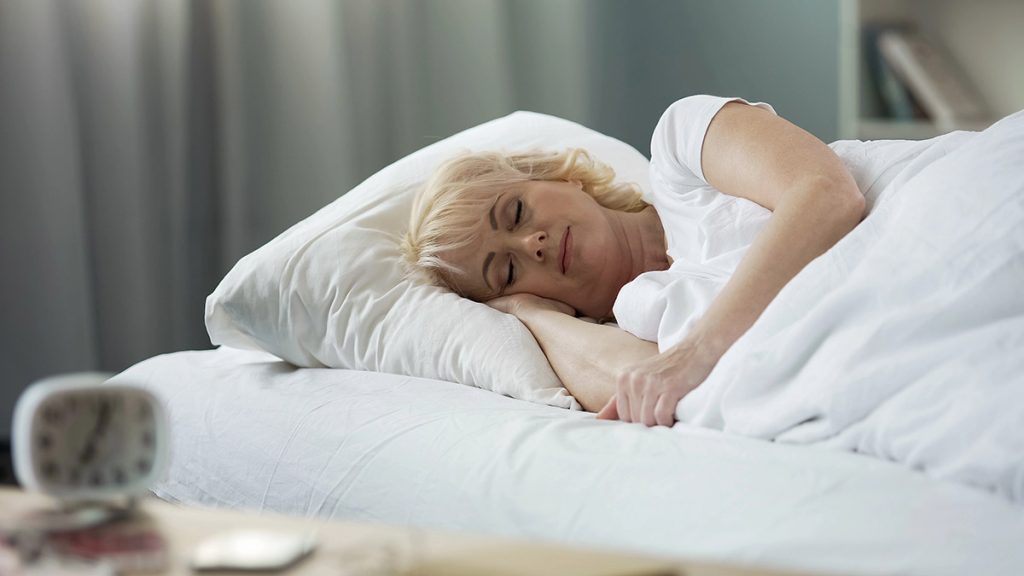
What Can Midlife Women Do?
So, what actionable steps can midlife women take to mitigate these risks? Here are some effective strategies:
- CBT-I for Better Sleep: Cognitive Behavioral Therapy for Insomnia (CBT-I) helps develop healthy, drug-free sleep patterns and is endorsed by numerous sleep studies and health organizations as an effective treatment for insomnia.
- CPAP for Sleep Apnea: For those disrupted by sleep apnea, using a CPAP machine can significantly improve sleep quality.
- Lifestyle Tweaks: Engaging in morning exercises and avoiding blue light exposure from electronic devices in the evenings can greatly enhance sleep quality and overall heart health.
This isn’t just about discussing sleep; it’s about taking actionable steps to improve heart health for midlife women. By transforming personal loss into proactive health strategies, we aim to advance this conversation together and ensure every moment is lived to its fullest.
Ren Jones is your guide through the health maze, specialized in nutrition, fitness and menopause, dedicated to improving the lives of midlife women since 2014. You can catch more insights on his podcast, “This Podcast Has No Name,” (Apple and Spotify) where he delves deep into these vital health topics.

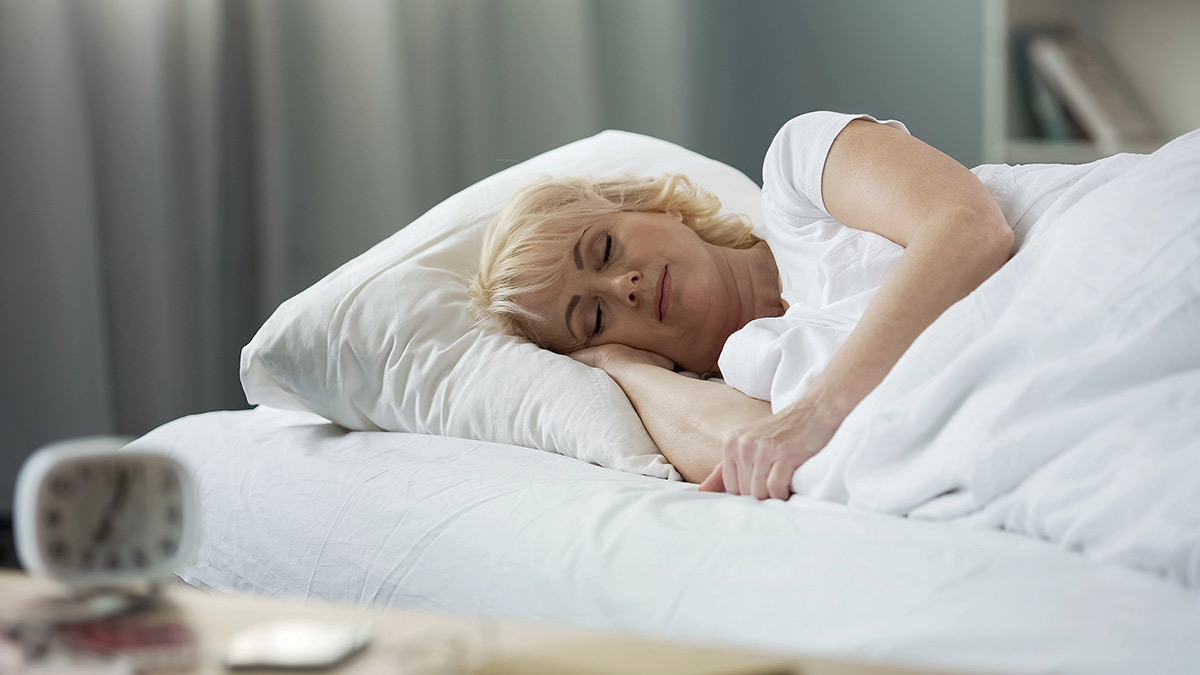


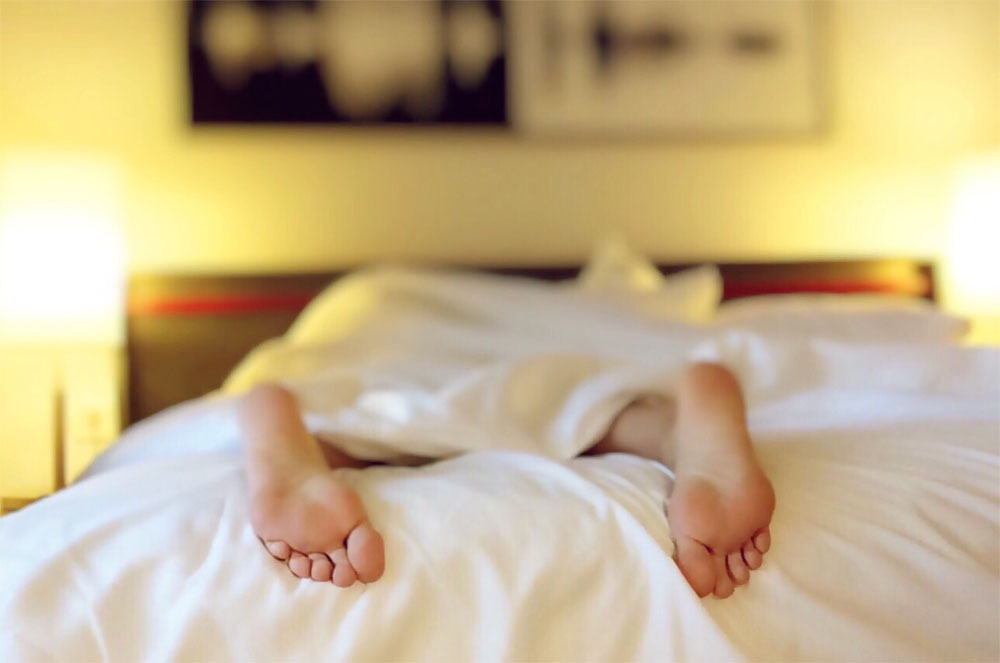

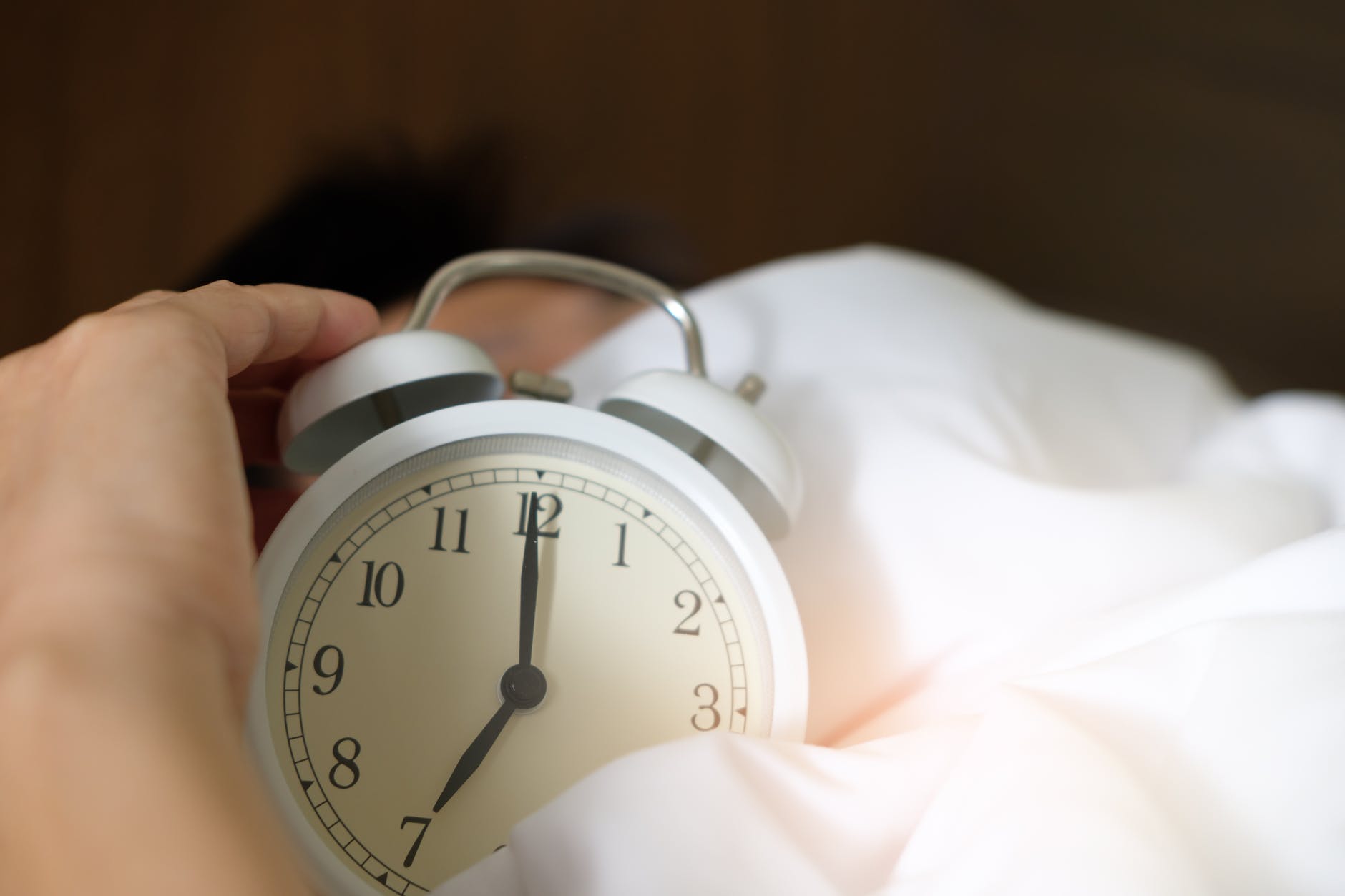
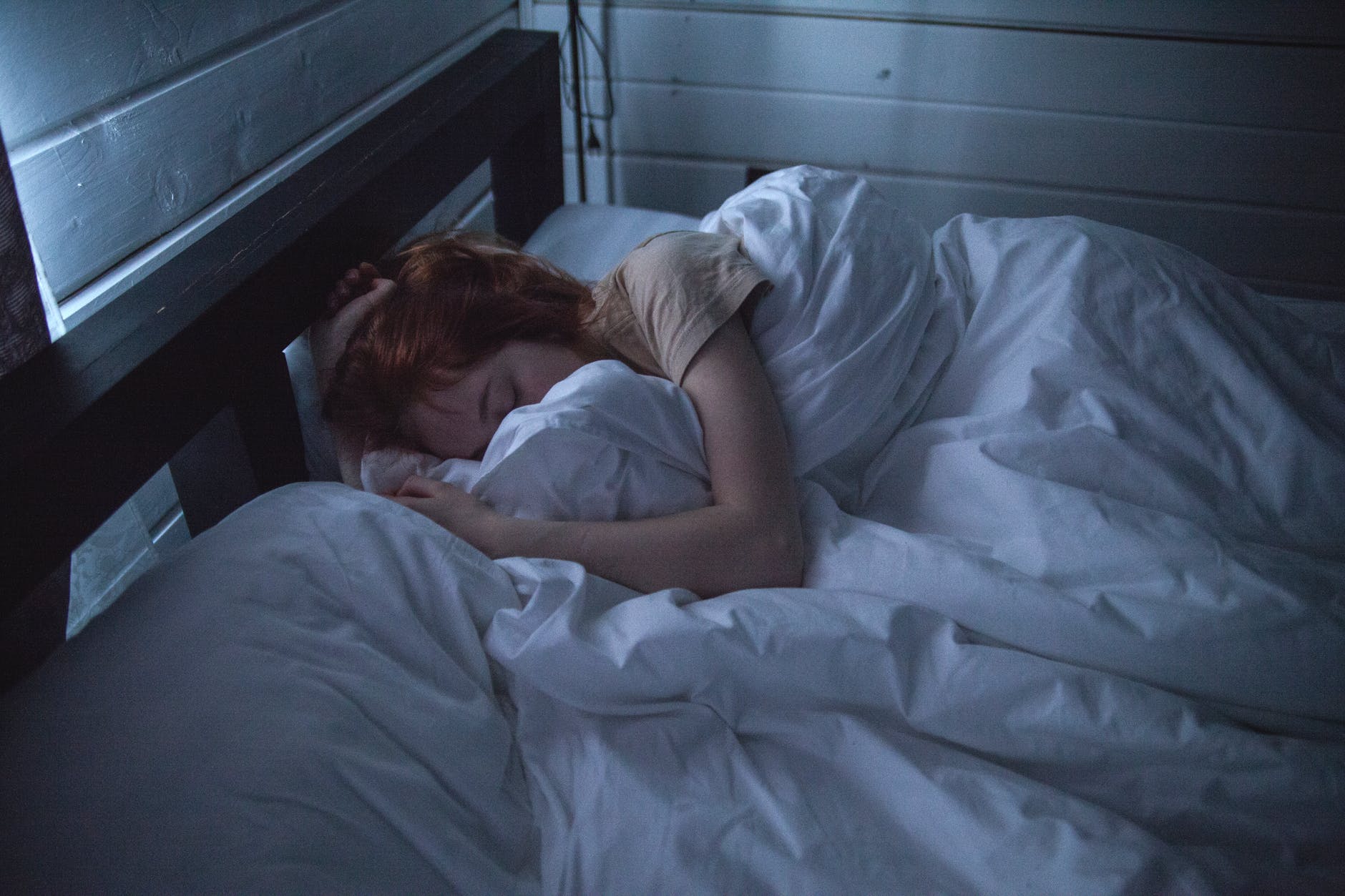
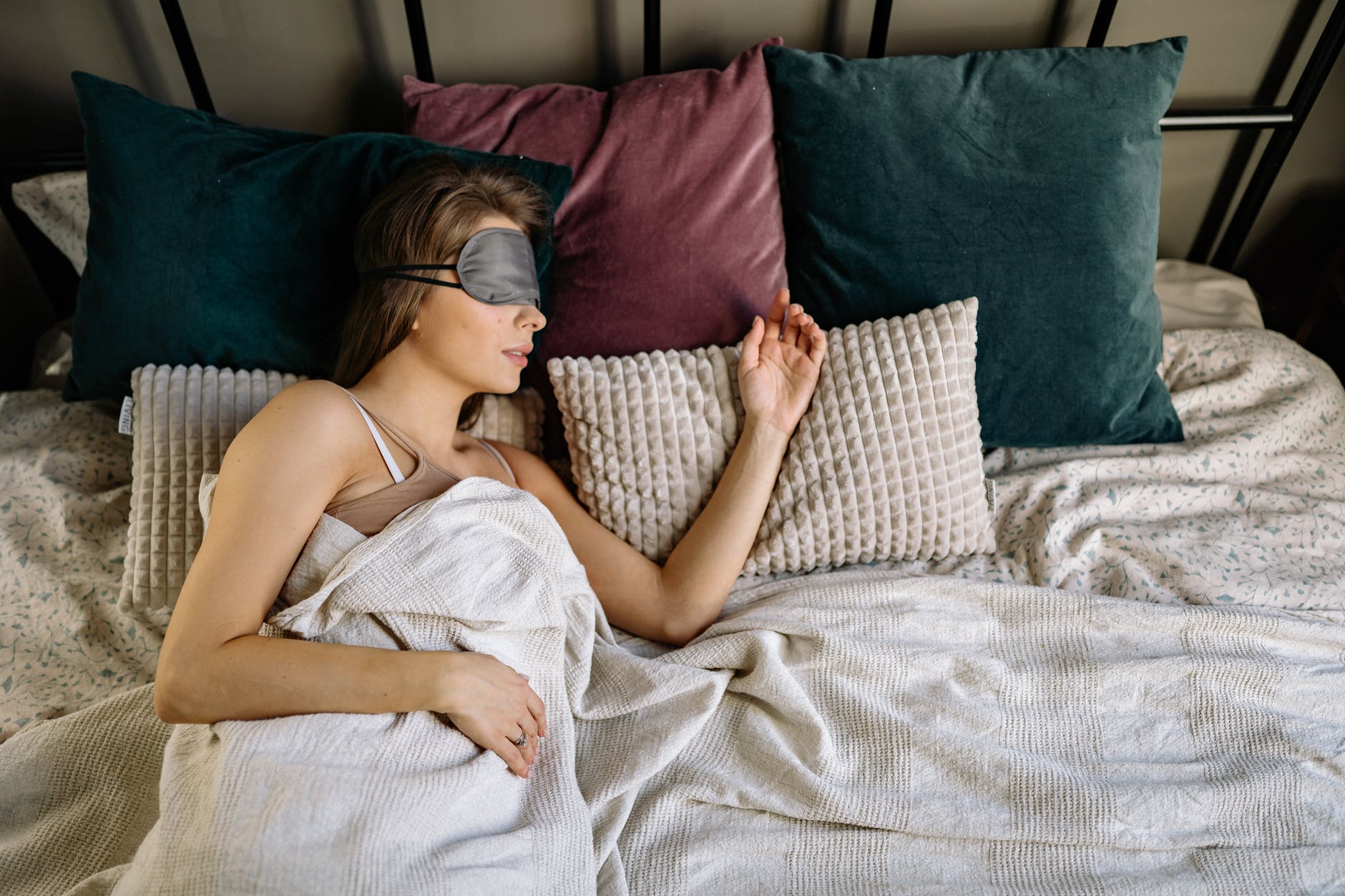
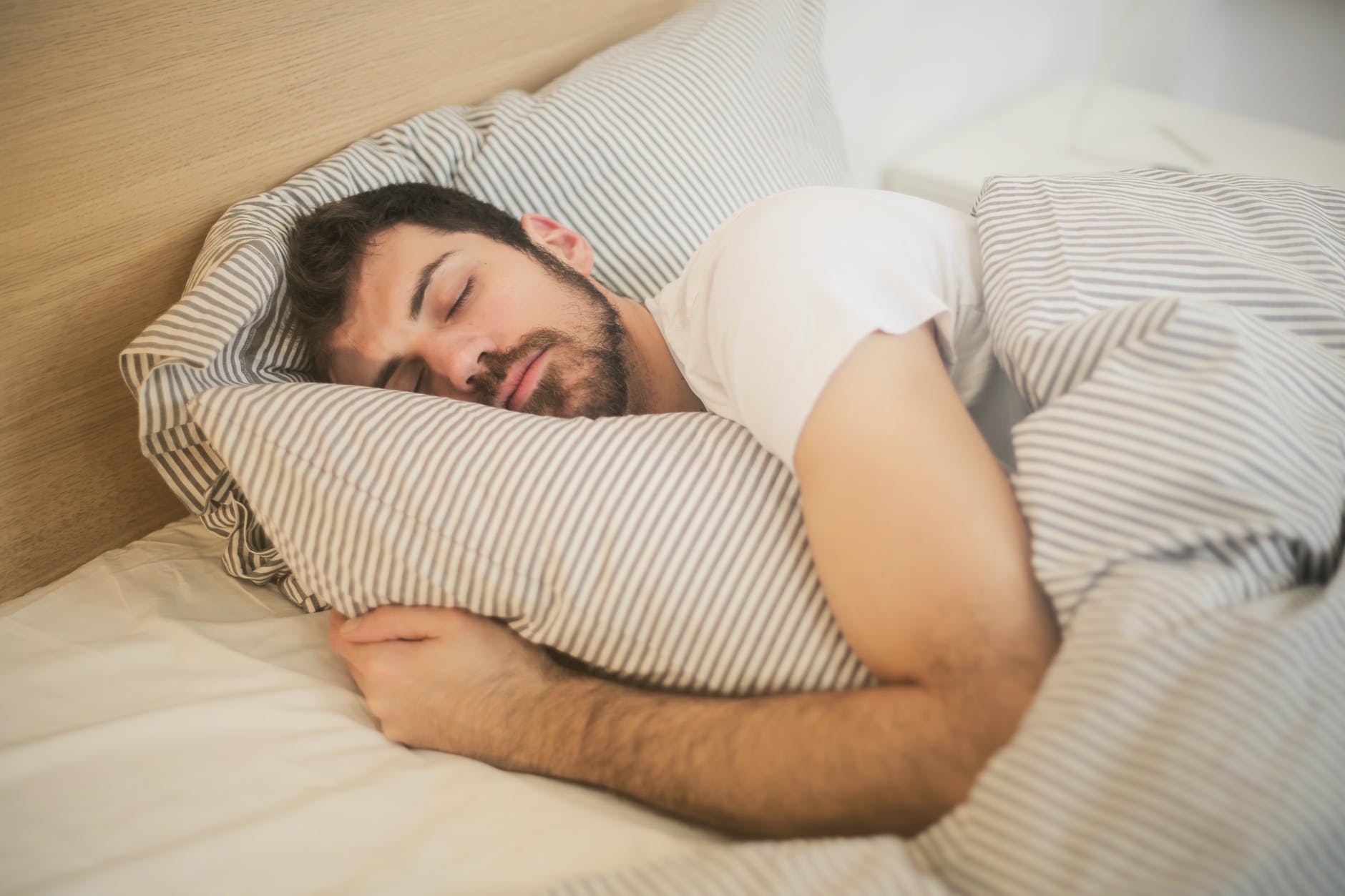
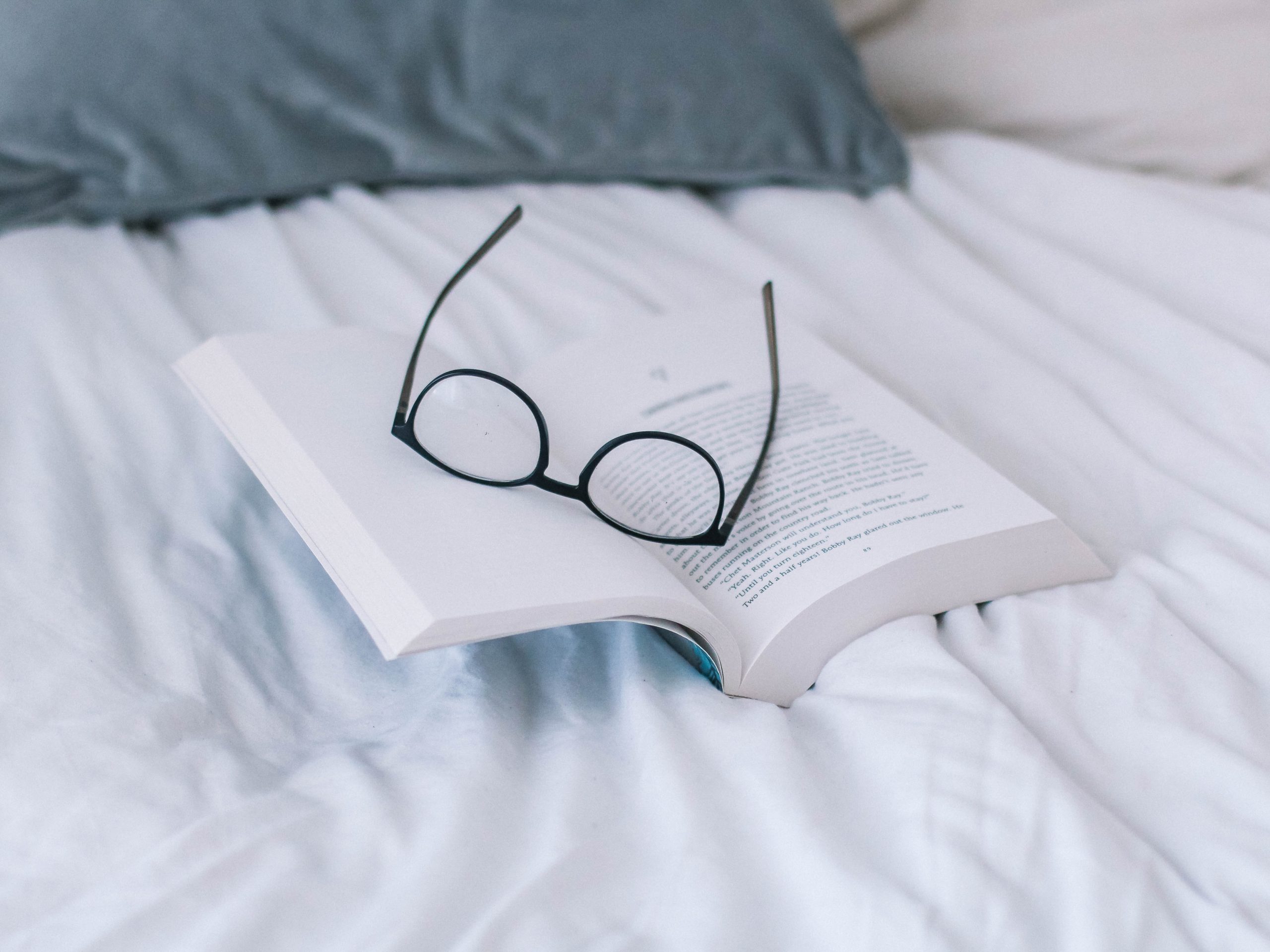
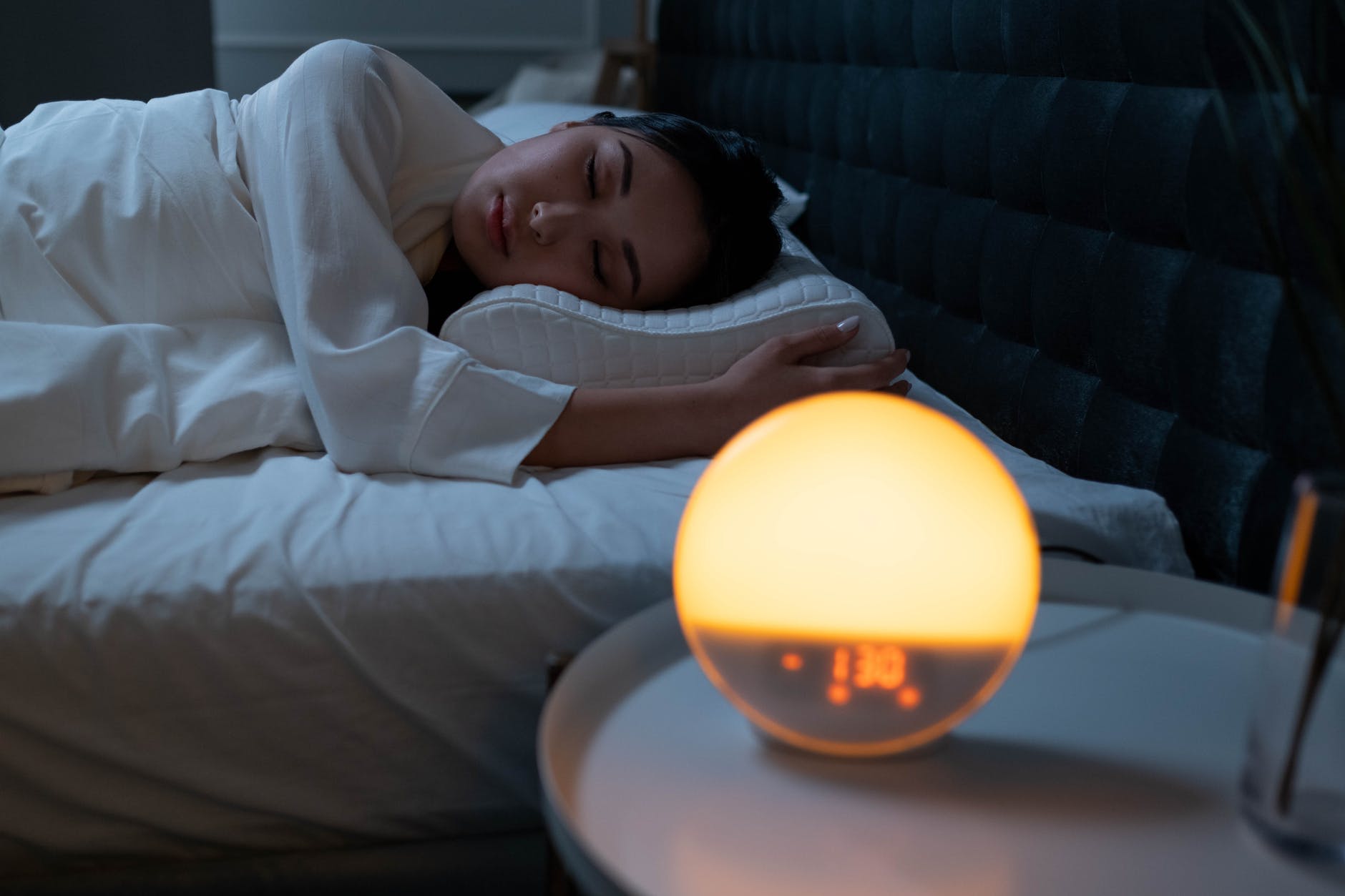
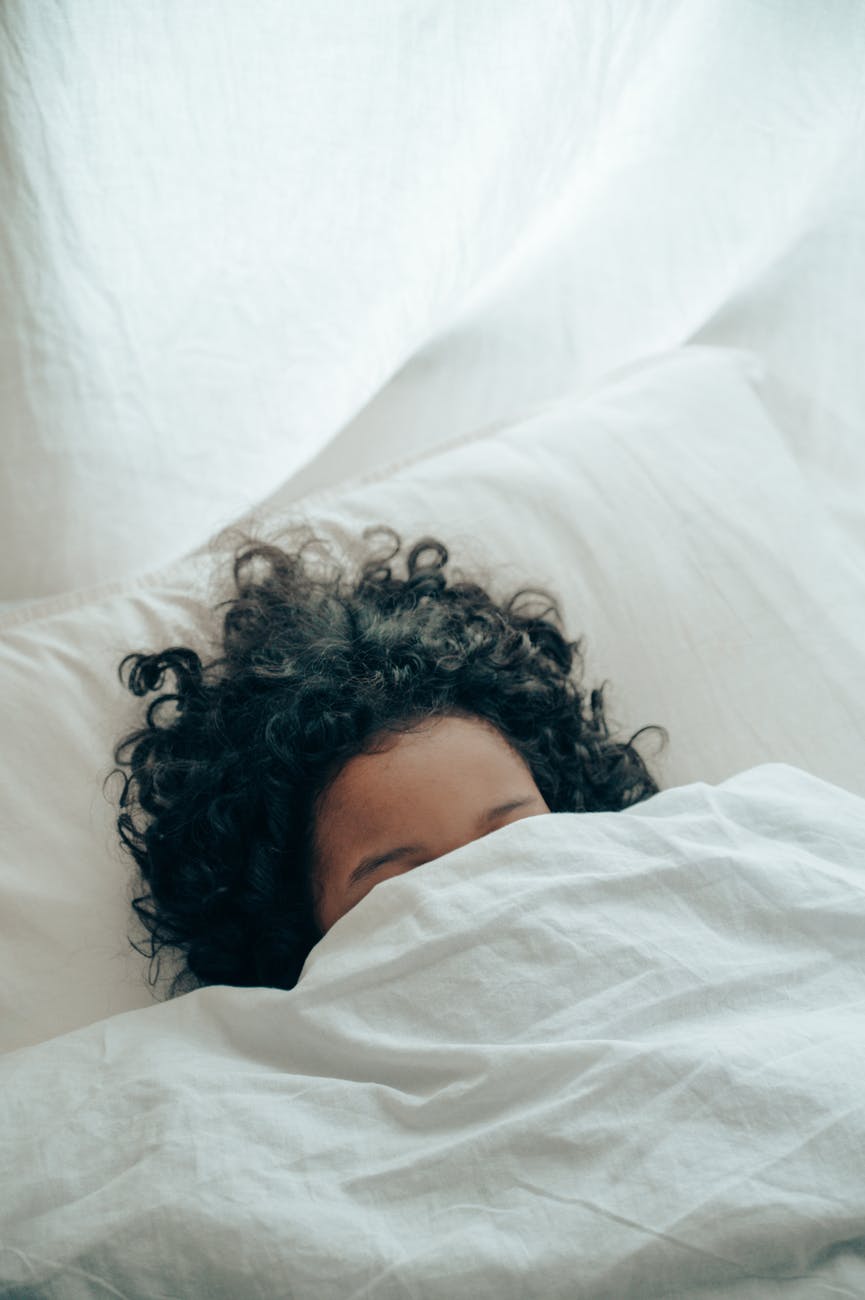 #1. Growth Hormone
#1. Growth Hormone
